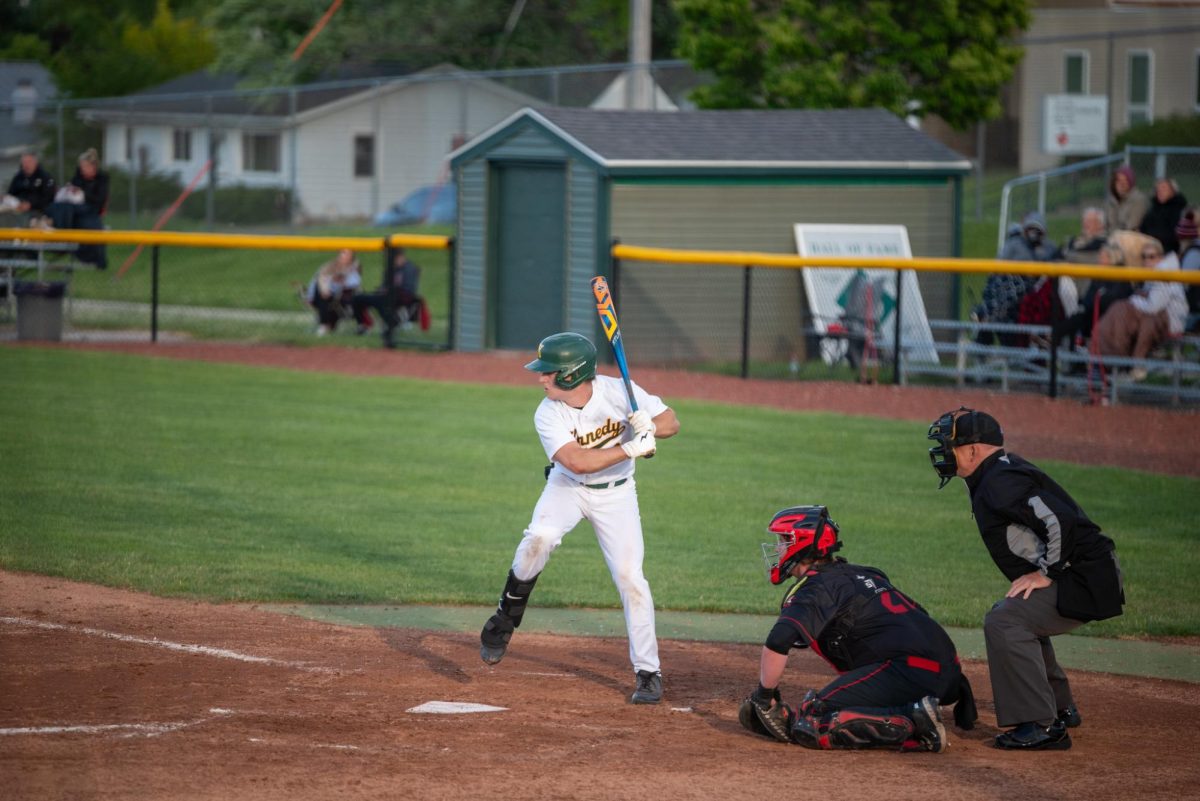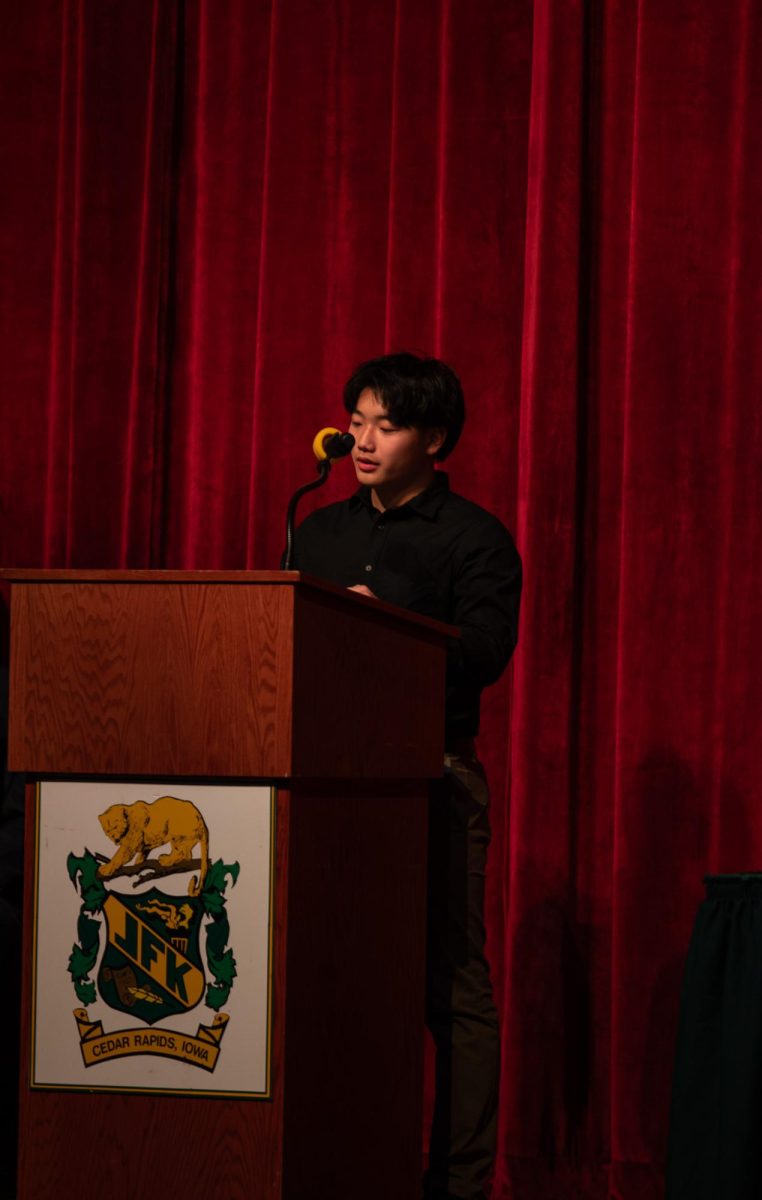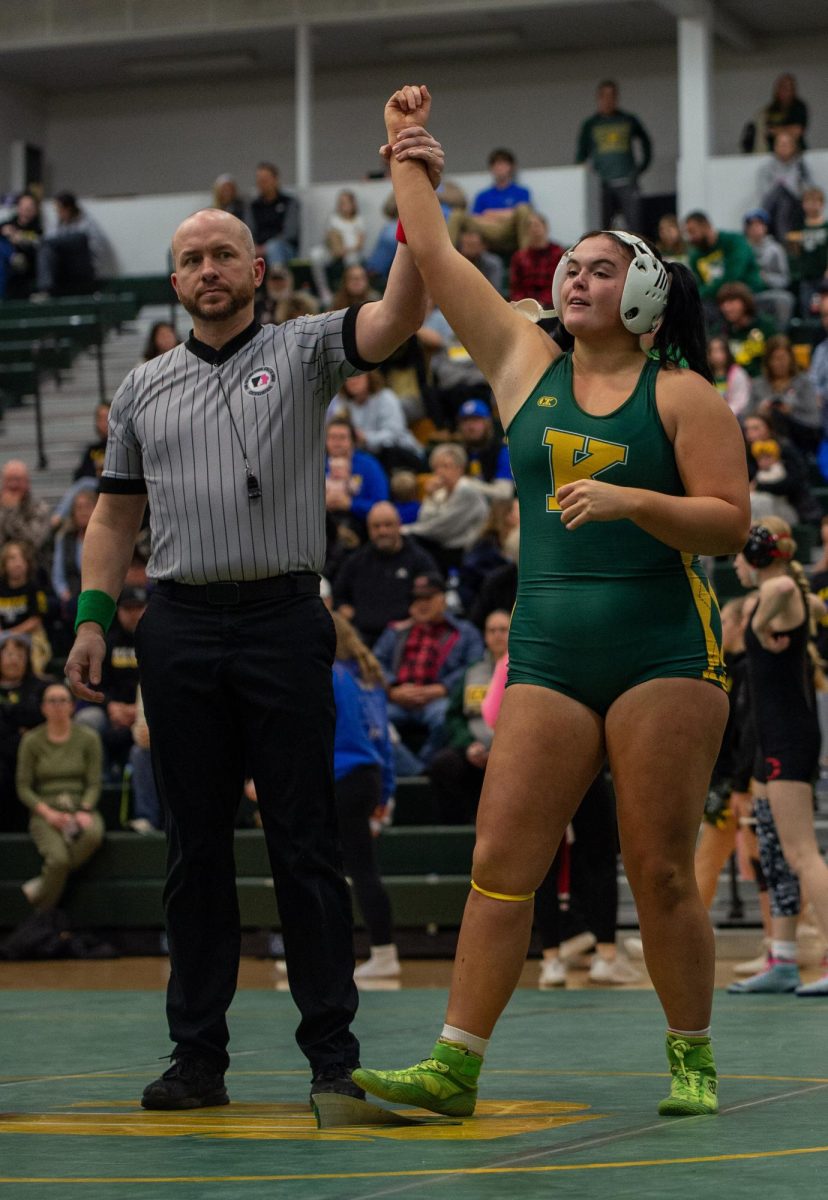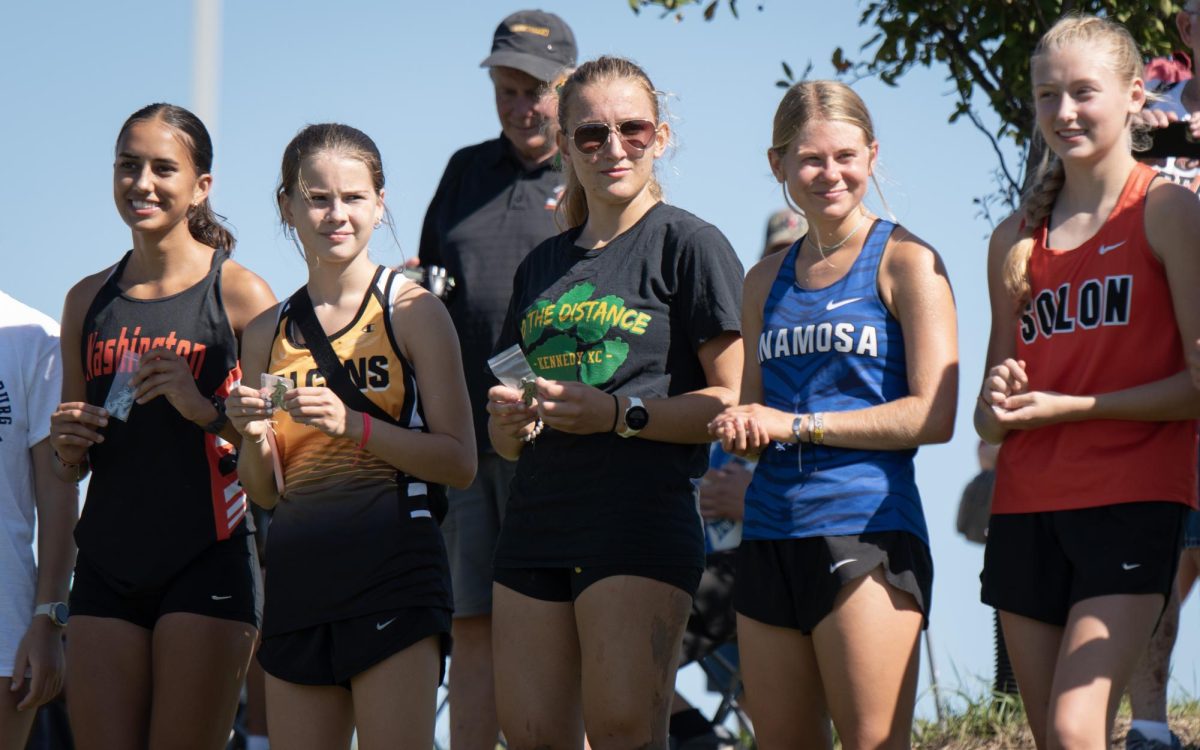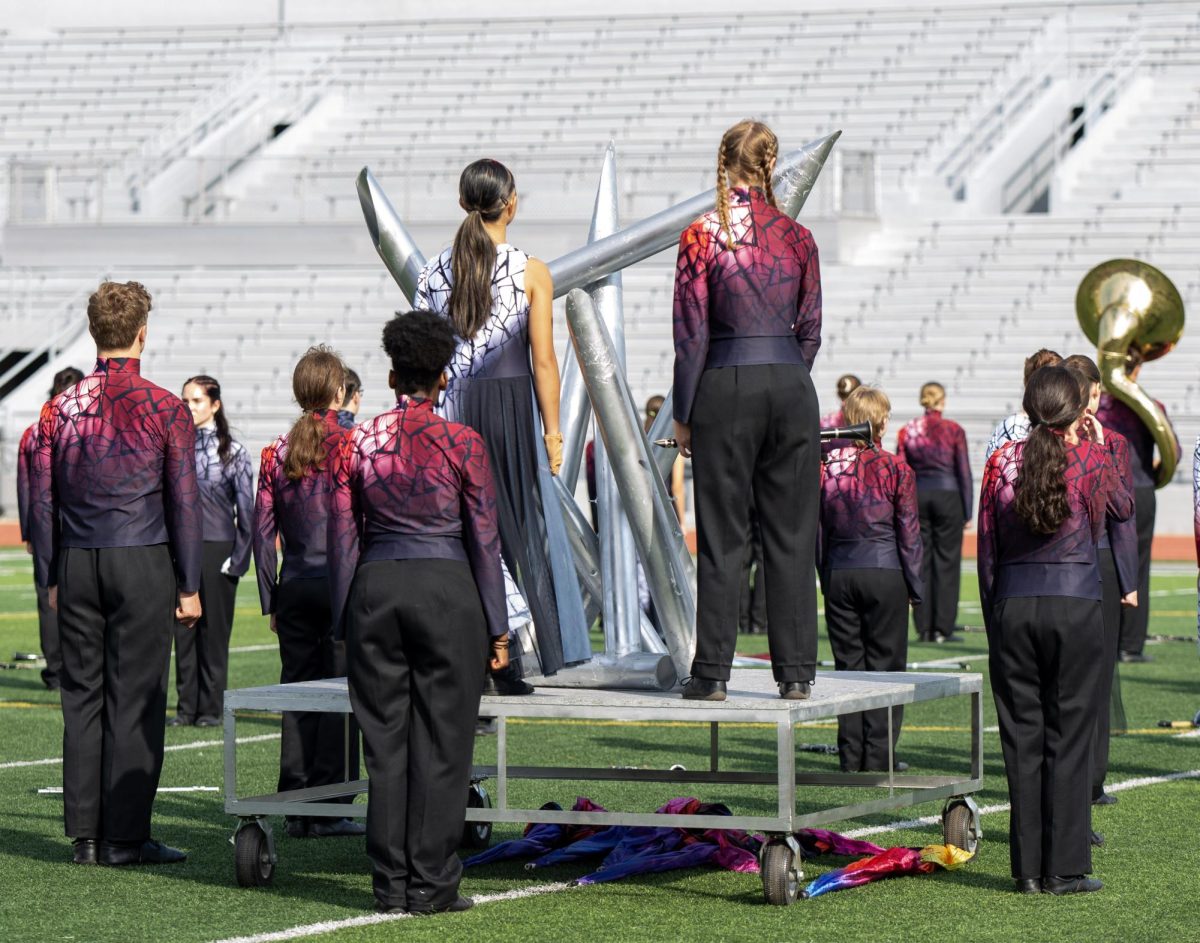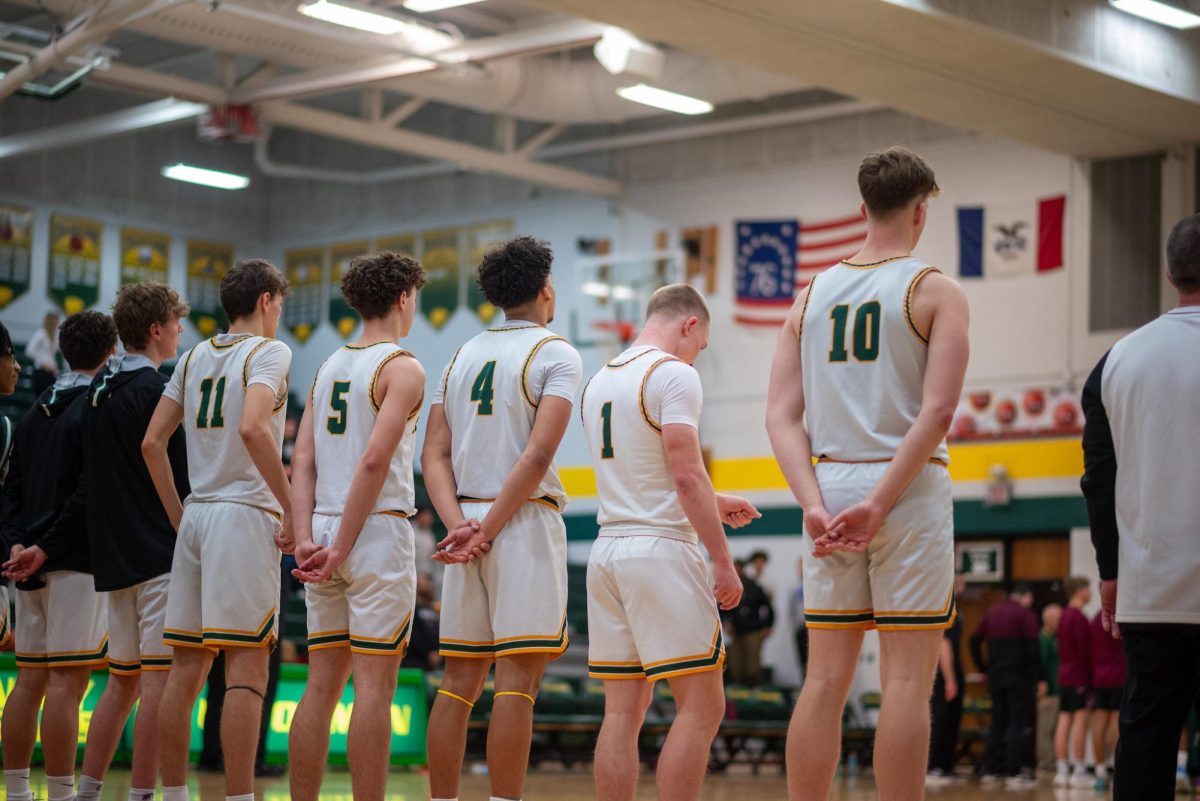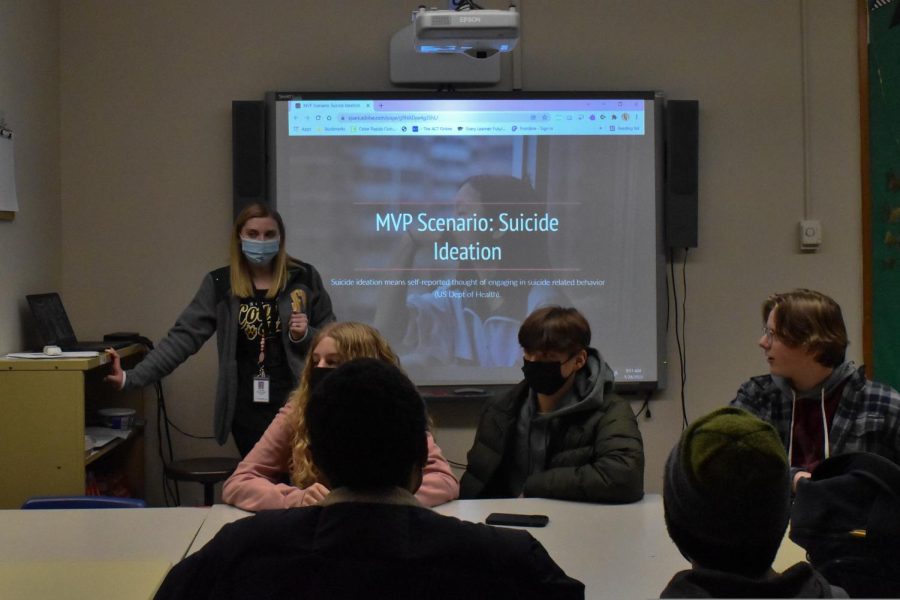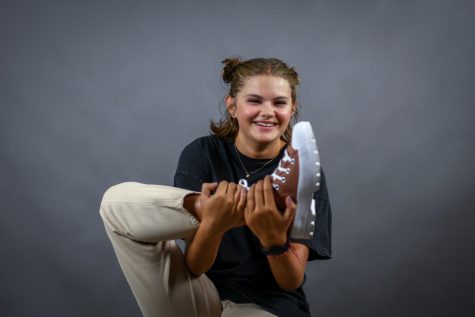Mentors in Violence Prevention (MVP) is an organization used at Kennedy that works to educate students on realistic and modern violent scenarios such as abusive relationships and gun violence.
“MVP really focuses on bystander intervention,” MVP advisor Jennifer Wagner said. “We’re not looking at how to avoid being a perpetrator or how to avoid being the victim, but we’re really looking at the likelihood of a person seeing, knowing, being aware of a potentially violent situation and how do we step into that situation in a safe and effective way.”
MVP lessons are presented to freshmen during one homeroom each month. Sophomore, junior and senior student mentors guide students through plausible scenarios in their high school lives through structured sessions. While the lessons aim to provide awareness, they fail to engage with the students.
“I think it’s a both-sides issue, freshmen are gonna be freshmen and be on their phones,” senior mentor Riana Kraft said. “It’s usually on a Friday. They are normally tired and there are upperclassmen coming in and trying to talk about a hard topic.
The lessons are formatted through presentations and PowerPoint created by University of Northern Iowa students. Despite aiming to be relatable for younger students, the age gap creates a disconnect between what is presented and the typical student experience in high school.
“The format changes a lot but it’s usually a PowerPoint or a really long website. I honestly think it’s how the lessons are formed,” Kraft said. “They have heard the same thing so many times that they have just learned to tune it out.
Despite positive intentions from the mentors, the information presented can be glossed over and ignored by students. Lessons being taught are not being translated to students’ real lives with social media in a high school setting.
“It’s kind of outdated and very stereotypical gendered with a male perpetrator and female victim,” Kraft said. “They have heard the same situations over and over again. It doesn’t reflect modern times and I do think that is something that needs to be changed.”
Social media has perpetuated violence through cyberbullying and permanent records of physical injury. Students at Kennedy have seen social media spread violence through class stories, Barstool accounts and the shutdown of Cedar Rapids Community School District schools after a shooting threat at the beginning of the year. Freshmen tend to disregard the lessons being taught to them, despite the upperclassman’s efforts to share the MVP lessons.
“There will be some students who raise their hands, are actively involved and listen to the warning signs we’re teaching them,” senior Anwyn Hubbs said. “But unfortunately, there are a lot more students that just don’t pay attention. Their headphones are in, they’re on their phones, talking to friends, laughing at the content. It makes lessons we take time making seem like a joke.”
Choosing to disregard the help being provided for students puts everyone in danger. MVP strives to put their students first, but when the critical information taught about potential warning signs isn’t translated and the lessons on how to properly respond to possible threats aren’t grasped, the worst-case scenario can occur.
“They’re going to have their phones for the rest of their lives,” Hubbs said. “But they’re not going to have the rest of their lives if they don’t listen to the lessons, and take us and their safety seriously.”
When we refuse to listen to mentors taking the time to create a safe environment and protect students and staff, it’s a missed opportunity. But, when we fail to create lessons with real-life modern scenarios students relate to, it’s another missed opportunity. If we continue to let opportunities pass us by, the next thing we could be missing is the life of a student we lost from those tragic scenarios MVP works to control.
“I think the MVP program has very good intentions and I think it’s fantastic in the impact it’s having on the people that want to be involved and be mentors,” Kraft said. “They want to join the program, they want to help the underclassmen but I think we can go above and beyond by talking about it with our own classes. I think it has a good impact but it can have an even better impact.”
Wanting to help is no longer enough. Staying silent and refusing to listen only causes more danger for students, but 30-minute homeroom lessons aren’t long enough to truly teach kids about violence either. We can’t keep missing opportunities that could save our lives.
“In any situation, if we’re not speaking up, it’s always going to be continued harm or escalated harm, to the point of death,” Wagner said. “They say if you see or hear something, say something. And we’re just hoping MVP helps people have that language and know who to talk to.”

